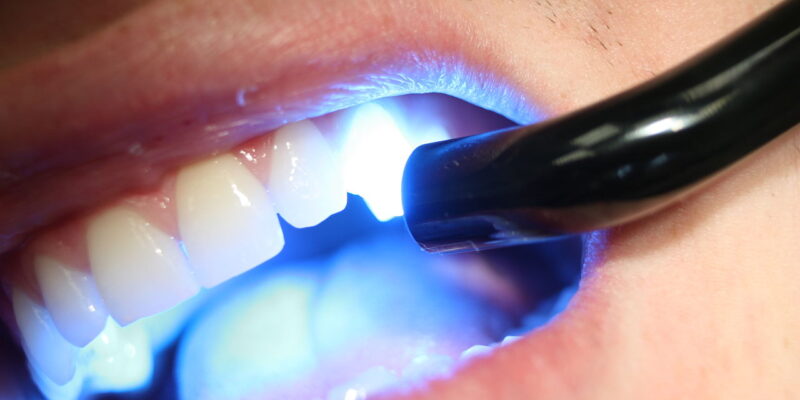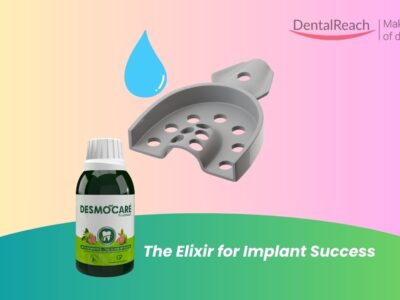Researchers have found that extending the polymerization time of a universal adhesive significantly enhances the clinical performance of restorations in non-carious cervical lesions (NCCLs) over an extended period.
Research Methodology
A total of 140 restorations were randomly placed in 35 subjects, with polymerization time groups as follows: ER (10 seconds), ER-P (40 seconds), SE (10 seconds), and SE-P (40 seconds) at a power density of 1,200 mW/cm². Composite resin was applied incrementally, and the restorations were assessed immediately and at 6, 12, 18, and 36 months using the FDI criteria.
Key Findings
After 36 months, the study revealed that restorations with a prolonged polymerization time of 40 seconds demonstrated significantly improved retention rates. The data indicated that the retention rates were 82.3% for ER, 94.1% for ER-P, 73.5% for SE, and 94.1% for SE-P. Notably, the differences between ER vs. ER-P and SE vs. SE-P were statistically significant, underscoring the positive impact of extended polymerization time.
The incidence of minor defects, particularly in the marginal staining and marginal adaptation criteria, was comparable among the groups. No restorations exhibited a recurrence of caries or postoperative sensitivity, emphasizing the overall safety and reliability of the extended polymerization technique.
Clinical Significance
A prolonged polymerization time of 40 seconds significantly enhances the clinical performance of a universal adhesive in both adhesive strategies evaluated, even after 36 months. This breakthrough finding holds considerable clinical significance for dentists, providing a tangible and effective method for improving the long-term success of restorations in NCCLs.
Source: Journal of Dental Research




















Comments